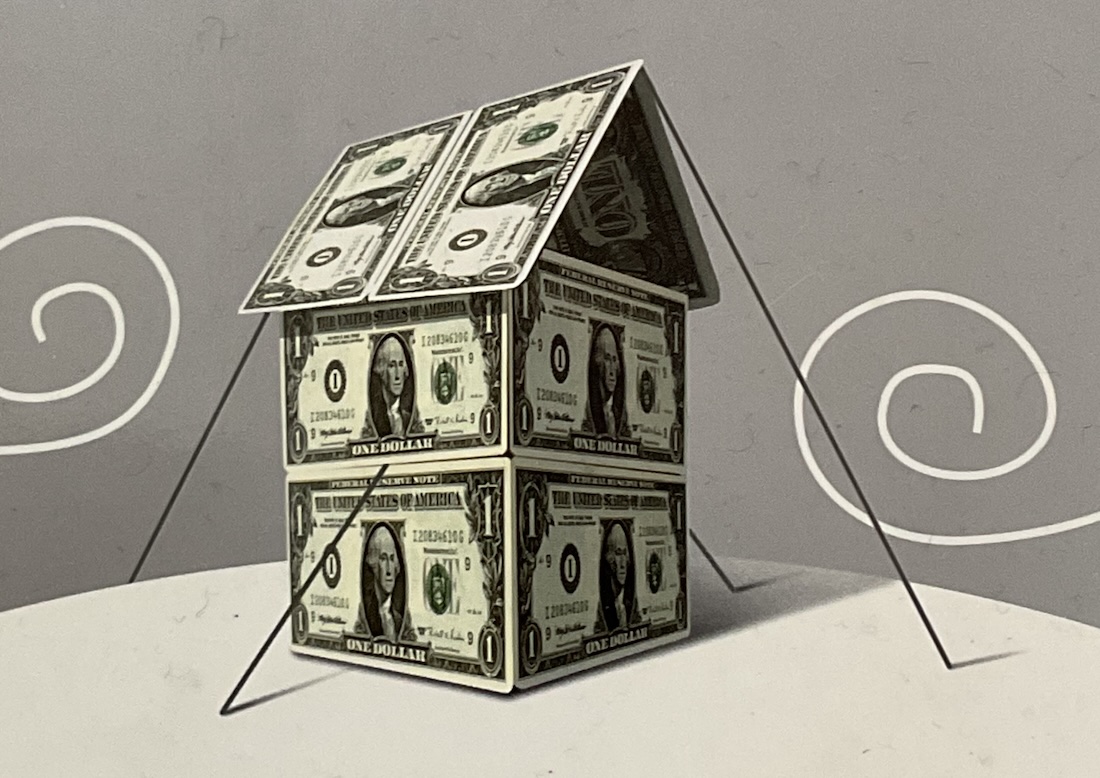Our Economic and Political Problems Look Set To Multiply

Posted April 18, 2016
Seven years of weak credit growth in the US have brought the world to the brink of a deflationary global recession. As a result, political instability is increasing and geopolitical tensions are on the rise.
In the new Macro Watch video, uploaded today, we first consider why the increase in debt in the United States outstripped the increase in US economic growth in 2015 by 3.2 times. What we find is that much of the debt that is being undertaken is not being used in a way that will generate productive, long-term economic growth.
Next we analyze and forecast debt growth by sector – highlighting some interesting shenanigans by the federal government along the way. Here we see that debt growth (or, put differently, credit growth) is still far too weak to generate solid economic growth.
After contracting by 2.8% in 2009, the US economy has expanded by an average of only 2.1% a year during its six-year “recovery”, despite a 140% increase in US government debt, $3.6 trillion of Quantitative Easing and interest rates near 0%. The Atlanta Fed’s GDPNow forecast puts first quarter 2016 GDP growth at just 0.3%. The next US recession may have already begun. Consequently, world trade is contracting sharply and the IMF has just revised down its projections for global economic growth to near recession levels.
Unfortunately, based on my projections for credit growth, there is no relief in sight. The very high level of private sector debt relative to income means that the private sector (taken as a whole) is no longer creditworthy – even with record low borrowing costs. That means unless our austerity-obsessed governments begin to borrow and invest more our economic and political problems look set to multiply.
If you have subscribed to Macro Watch, log in and watch this 30-minute video now. There you will find 45 (downloadable) slides with all the details.
If you have not yet subscribed, click on the following link:
http://www.richardduncaneconomics.com/product/macro-watch/
For a 50% subscription discount worth US$250, hit the “Sign Up Now” tab and, when prompted, use the coupon code: multiply
You will find more than 24 hours of Macro Watch videos available to watch immediately. A new video will be added approximately every two weeks.
Finally, if you find this blog useful, please share it with your colleagues and friends.


Richard,
I disagree with you on one key point. Governments generally don’t borrow to invest, but to provide better social safety nets for their constituents. I think it is foolish to think that there will be economic growth that will eventually turn deficits into surpluses. It is likely to be those countries which have now endured austerity and reined in their debt that will be better off when the credit bubble implodes (not that any country will be “well off”). The credit bubble was “permitted” by the decoupling from the gold standard, but it came about by the “have it now – pay it later” (or “keep up with the Jones’) that we grew up with. However, debt for consumer goods do not have a payout, and therefore, must be paid back out of future earnings. This is true for individuals and governments.
There may be a real solution to this by enduring some austerity in the developed nations and investing heavily in the developing nations. Only when those nations that have real growth opportunities are enabled to grow will we see the future look brighter with a more balanced global economy. Otherwise, isolationism, forcing each nation to fend for themselves (i.e. bring manufacturing back home), could prove to improve the developed economies at the expense of every other nation.
Jeronimo,
Unfortunately, most people share your views about government investment and about the benefits of “some austerity”. I am trying my best to change that majority view because it undermines our best chance of being able to avoid collapsing into a new Great Depression.
First, on “some” austerity: the global economy is a credit bubble that has been in the making since the US government increased its spending by 900% in 1940 to fight the war. If this global bubble pops now, the resulting Great Depression would probably last for decades, unless a new World War started. (WW II ended the Great Depression of the 1920s.) “Some austerity” is very likely to make it pop.
Now, as for government investment, we would not be communicating over the internet, if government investment had not created the internet. Or consider your smartphone? All the basic technologies that make it “smart” can be traced back to governmental initiative and funding: microprocessors; RAM memory; hard disk drives; liquid-crystal displays; lithium batteries; the Internet; cellular technology & networks; global positioning system (GPS); and multi-touch screens.
Mariana Mazzucato is the author of a booked called The Entrepreneurial State. In it she describes what has been accomplished by government investment in the past; and she discusses how government investment could be used even more effectively in the future. Here’s a quote:
“All the most important technologies that have driven growth trace their funding back to the government. These are the technologies whose effects permeate across large parts of the economy and nurture decades of growth. These include aviation technologies; space technologies; semiconductors, the Internet; nuclear power; and nanotechnology. So we’re not talking just about gadgets here, but revolutionary technologies that drive innovation led-growth — and it’s these technologies that are embedded inside the gadgets.”
Watch Mariana’s Ted Talk: http://blog.ted.com/qa-mariana-mazzucato-governments-often-fuel-innovation/
We have a Democracy. We are the government. We have no choice but to make sure our government works well. With the right kind of government investment in new industries and technologies, we could restructure the US economy and grow our way out of this crisis. The alternative may well be decades of misery, poverty and war.